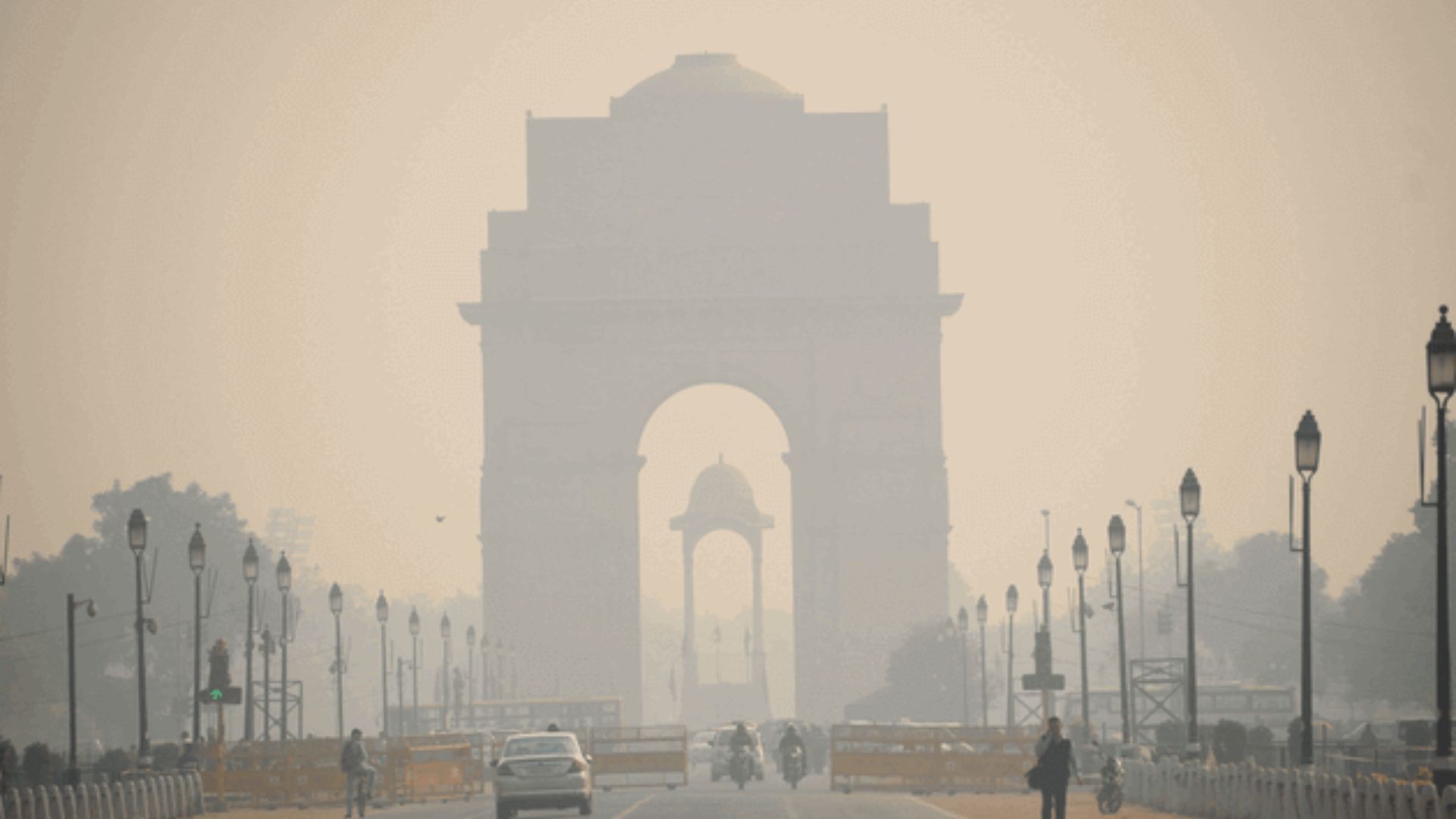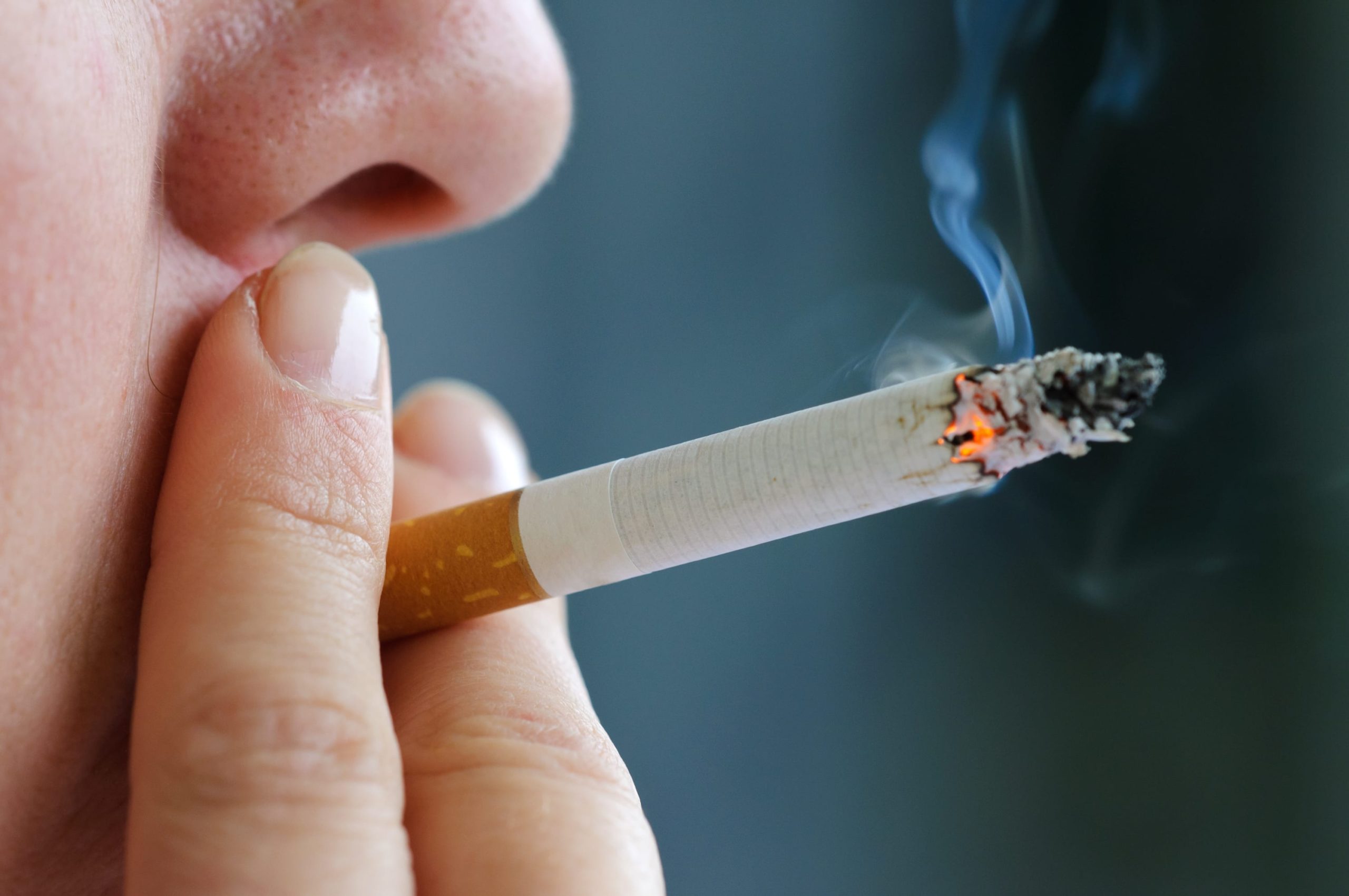










The World Health Organization (WHO) has revealed new statistics on the extent to which tobacco hurts the environment and human health, and has urged for legislation to hold the tobacco industry more accountable for the harm it does.
Every year, the tobacco industry costs the world around 8 million lives, 600 million trees, 200 000 hectares of land, 22 billion tonnes of water, and 84 million tonnes of CO2. Tobacco is mostly grown in low- and middle-income countries, where water and farmland are in scarce supply to fulfil the region’s food demands. Instead, they’re being used to grow toxic tobacco plants, while forests are being cut down at an alarming rate.
The WHO report “Tobacco: Poisoning our planet” highlights that the industry’s carbon footprint from production, processing and transporting tobacco is equivalent to one-fifth of the CO2 produced by the commercial airline industry each year, further contributing to global warming.
“Tobacco products are the most littered item on the planet, containing over 7000 toxic chemicals, which leech into our environment when discarded. Roughly 4.5 trillion cigarette filters pollute our oceans, rivers, city sidewalks, parks, soil and beaches every year,” said Dr Ruediger Krech, Director of Health Promotion at WHO.
Tobacco, e-cigarettes, and cigarettes all contribute to the accumulation of plastic pollution. The second most frequent cause of microplastic pollution in the globe is cigarette filters.
Despite tobacco industry marketing, there is no evidence that filters have any proven health benefits. WHO proposes that countries treat cigarette filters like single-use plastics and consider banning them to protect public health and the environment.
Rather than the tobacco industry being to blame, the cost of cleaning up discarded tobacco products is borne by taxpayers. This costs China about 2.6 billion dollars per year and India about 766 million dollars each year. Brazil and Germany will each contribute more than $200 million (see table below for further estimates).
France and Spain, as well as towns in the United States such as San Francisco, have taken a stance. They have successfully adopted “extended producer responsibility law,” which holds the tobacco industry liable for cleaning up the damage it generates, based on the Polluter Pays Principle.
WHO encourages nations and cities to follow this lead by supporting tobacco growers in their transition to sustainable crops, enacting significant tobacco levies (which may include an environmental tax), and providing support services to assist people quit smoking.










